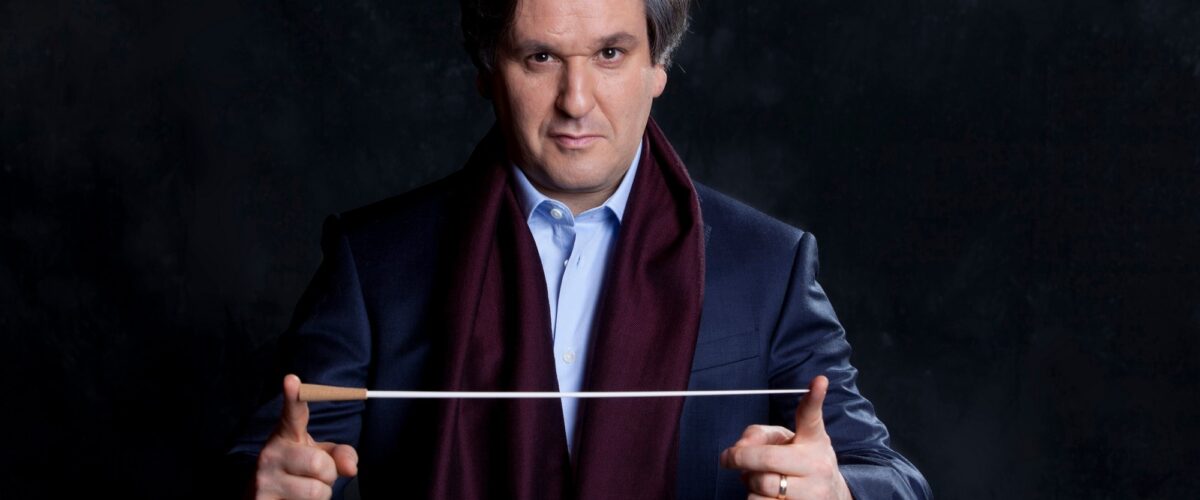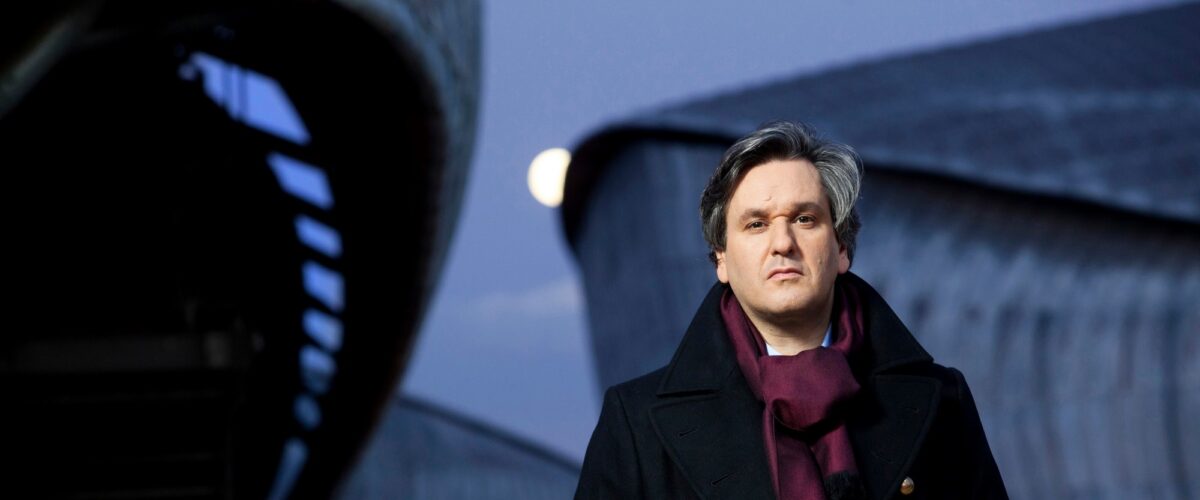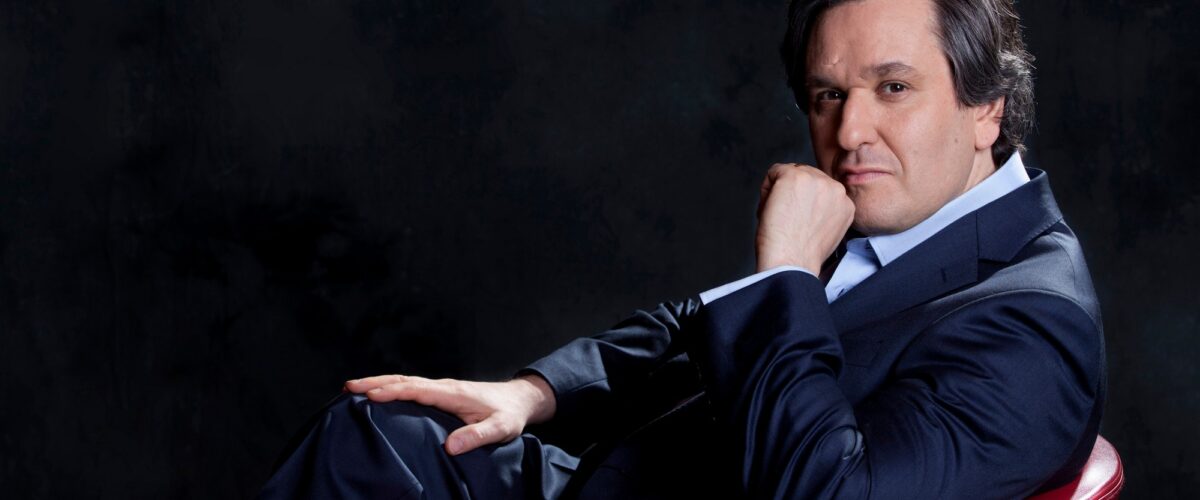TRANSCRIPT
Scofield: Your symphonic conducting was, in a way, kind of guided by your passion for opera. Now, is that right?
Pappano: Well, I can’t change what I am. I mean, I’m a theater man, there’s no question, but I try to bring the positive elements of that: immediacy, electricality, flare, drama to my musicians, also in their DNA. Even if they don’t play opera very often. Their upbringing historically would have been operatic, you know, Italy it’s in the home of opera. So, I try to stimulate that in them, to make them a more Italian band, frankly, that’s part of history they should know what the history is. You know, we do do operas in concert every now and again, we record operas and operatic excerpts all the time, and so, that’s what makes the orchestra aware of their background and their history. I know it intimately, because I’m dealing with it all the time at the opera house in London, but they don’t. And so, over the years now they’ve become familiar with that, which is their history. And I think that’s been very important to build the character of the orchestra.
Scofield: But the music of the symphonic world is basically very different music from opera world, isn’t it?
Pappano: Exactly, there’s very little Italian symphonic music, but we play obviously Beethoven, Mozart, Bach, Brahms, Schumann, Mahler, and a lot of those had a lot to do with opera too, by the way, of course, as you know. And I mentioned Bach, because I thought that I have to create the bookends, which were very important. Bach had redone Passions, and the Mass, and the Magnificat. And contemporary works that we perform, John Adams was here a week ago conducting his Passion according to the other Mary, the big, big piece. But that’s the kind of thing we do, and we need to do, to make the orchestra as aware as possible of what’s going on. I think a symphonic orchestra will always have as their main diet, the Austro-German repertoire of course, plus obviously the Russian repertoire, but I think the singing quality the orchestra can bring, the dramatic flare, are very useful and very important in symphonic music.
Scofield: Because, if you’ve just talked how to describe the music, and the difference between symphonic music and the operatic music, how would you characterize that difference?
Pappano: Well, in an opera, of course there’s a clearer narrative you have it in front of you, and you have words. But the element of storytelling I think is very important. And I think every conductor must tell a story, every orchestra must try to, at least, create a situation where you can imagine a story, and narrative when you’re listening to the music. I think that’s hugely important.
Scofield: Including listening to symphonic music.
Pappano: Oh absolutely, absolutely. It doesn’t need to be obviously, a clear story because you can’t explain it before. But some pieces, for instance, Tchaikovsky’s Symphony No. 4, Tchaikovsky spoke quite a lot about the piece, and what he thought, what he said about the piece, and how he tried to express certain things. That makes it easier. Of course, you know, people read the program, they understand the genesis of a work. But with pieces that have no program, I think you still have to try to tell a story by its very nature sonata form, which is usually the structure most first movement of symphonies are based on. If anyway a drama, it’s a first theme, a second theme, can even have a third theme, a development section where there’s conflict, and then in the recapitulation we can either resolve matters and come back home or there’s destruction. This is all in its very nature. Sonata form is theatrical.
Read more about Sir Antonio Pappano on their OFFICIAL WEBSITE.




